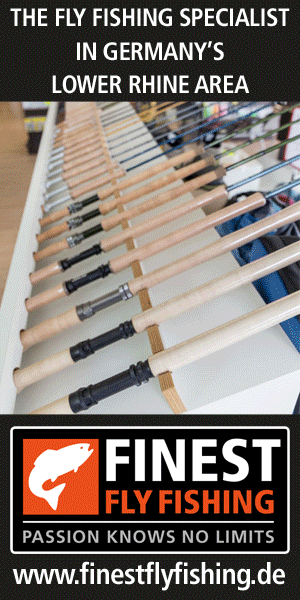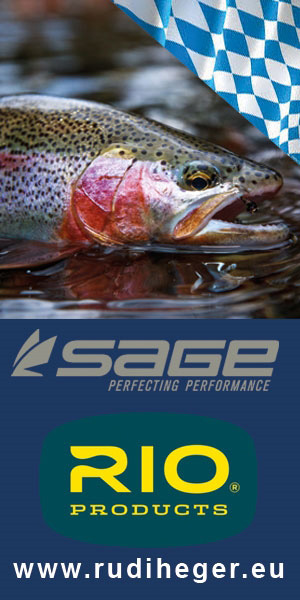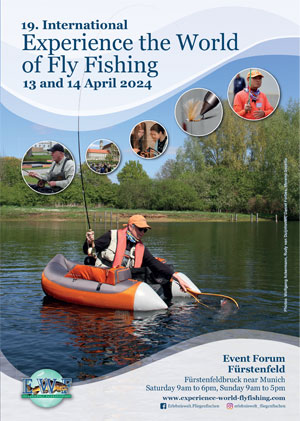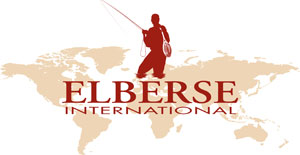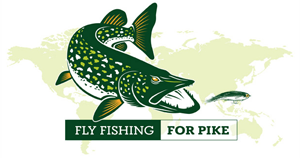While the European Union is working on a strategy for the recovery of the EU tourism sector, the European Parliament Forum on Recreational Fisheries and Aquatic Environment held a Webinar to discuss the contribution of the recreational fisheries sector to the green recovery after the COVID-19 crisis.
Angling is a very selective type of fishing, which provides many economic, social, and health benefits and can create a much-needed link between conservation plans, local communities, and tourists. However, more data is needed to fully grasp the sector’s potential and to develop adequate policies.

Tourism Webinar
On the 16th of July, MEP Niclas Herbst (Germany, EPP Group) and MEP Grace O’Sullivan (Ireland, Greens Group) co-chaired a Webinar of the European Parliament Forum on Recreational Fisheries and Aquatic Environment dedicated to a discussion on the contribution of angling to the recovery of the EU tourism sector, after the COVID-19 crisis. Both Members of the European Parliament highlighted the important social, health, and economic benefits of angling, including in the context of the COVID-19 crisis. Grace O’Sullivan gave the example of Ireland, quoting a study1 that estimates that 406,000 individuals participated in recreational angling in 2012, with direct spending of 555 million euros, of which 125 million euros were generated by overseas tourists.
“The promotion of angling tourism can be instrumental to support, not only the recovery of the recreational fisheries sector which has also been severely impacted by the COVID-19 crisis but of all segments of the tourism sector especially in coastal, rural and remote areas that can only rely on few sources of income”, explained Stefan Spahn, Board member of the European Anglers Alliance (EAA).

Challenges
Six different panelists took the floor to showcase good practices and challenges of angling tourism, in relation to the conservation of fish stocks and the protection of the aquatic environment. Examples from Slovenia, Denmark, Germany, Norway, Poland, Sweden and Finland were presented by the panelists. The European Commission, represented by Evelien Ranshuysen from the Directorate-General for Maritime Affairs and Fisheries, reacted to the panelists’ presentations and acknowledged the need for quality data on recreational fisheries.
Olivier Portrat, CEO of the European Fishing Tackle Trade Association (EFTTA) wrapped up the discussion by saying that “the potential of angling tourism in the context of the current health, economic and environmental crisis ultimately illustrates the need for the EU to fully integrate recreational fishing into its tourism strategy, its blue economy strategy, as well as in the Common Fisheries Policy”, and by calling again for a pan-European study to be funded and conducted by the EU, encompassing the environmental as well as the economic and social impacts of marine and freshwater recreational fisheries in Europe.

Substantial contribution
In her conclusion, MEP Grace O’Sullivan added that “comprehensive data show the potential of the sector to deliver in a number of areas. The contribution of anglers is substantial and probably greater than our estimates. The angling community can contribute to the recovery and to building the resilience of the tourism sector”.
Notes
1. Tourism Development International, Socio-Economic Study of Recreational Angling in Ireland, July 2013.
Website: www.eftta.co.uk.
Also look at:
https://flyfishing-blog.com/flyfishing-blog.com/2019/11/28/angling-writer-and-photographer-is-new-eftta-ceo/
https://flyfishing-blog.com/flyfishing-blog.com/2019/03/22/jean-claude-bel-to-retire-as-eftta-ceo/
https://flyfishing-blog.com/flyfishing-blog.com/2018/12/19/latest-news-from-eftta-and-efttex/
